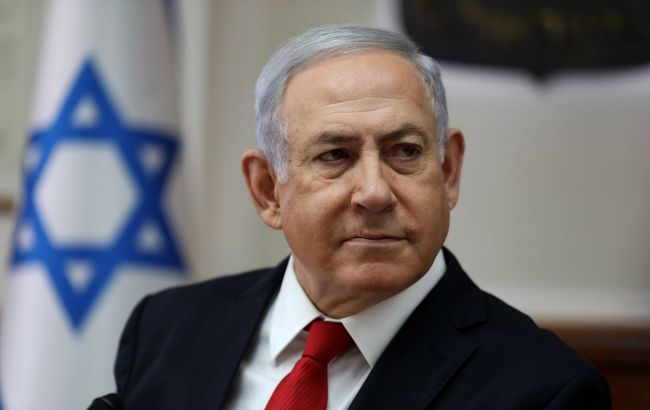Netanyahu warns Israel of 'challenging days' after elimination of Hamas and Hezbollah leaders
 Photo: Israeli Prime Minister Benjamin Netanyahu (Getty Images)
Photo: Israeli Prime Minister Benjamin Netanyahu (Getty Images)
After the elimination of Hamas and Hezbollah leaders, Israel will face “challenging days,” but the country is ready for any scenario, according to Israeli Prime Minister Benjamin Netanyahu.
“Since the strike in Beirut, threats are being sounded from everywhere. We are ready for every scenario, and will stand united and determined against every threat,” said Netanyahu.
He noted that the war will take time and requires endurance from the citizens of Israel.
According to the Israeli Prime Minister, he has been under pressure at home and abroad for some time to end the war.
“I did not give in to those voices then, and I don’t give in to them now,” he emphasized.
Netanyahu is confident that if he had listened to those voices, Israel would not have killed Hamas leaders and fighters, destroyed infrastructure, or seized the border area between Gaza and Egypt, or “created the conditions that bring us closer to terms that will not only bring our hostages back, but also allow us to achieve all of our war aims.”
“All of the achievements in recent months were attained because we did not give in, and because we made brave decisions in the face of great pressure at home and abroad. And I tell you it was not easy. Together we will fight, and with God’s help, together we will win,” Netanyahu concluded.
What happened before
On July 27, Hezbollah struck a stadium in the Golan Heights in Israel. At the time of the attack, children were present at the stadium. As a result of the bombardment, more than 10 children were killed, and over 30 people were injured.
Israel declared that Hezbollah's attack would not go unanswered and warned Lebanon of a potentially "devastating" war.
On the evening of July 30, the Israeli army carried out an airstrike on the Lebanese capital, Beirut, resulting in the death of a high-ranking Hezbollah commander, Fouad Shukr.
Today, it became known that Tehran was hit by a missile strike. As a result, Hamas leader Ismail Haniyeh and one of his bodyguards were killed.
Iran immediately accused Israel of the attack, but Israeli officials have not confirmed their involvement in the incident.
Later, Iran's Supreme Leader Ayatollah Ali Khamenei ordered a direct strike on Israel in retaliation for the killing of Hamas leader Ismail Haniyeh in Tehran.
To find out how the situation in the Middle East is developing and whether it will escalate into a larger war, read the material by RBC-Ukraine.

